“The Mysteries and Secrets of Magic” by C. J. S. Thompson (IGOS edition)
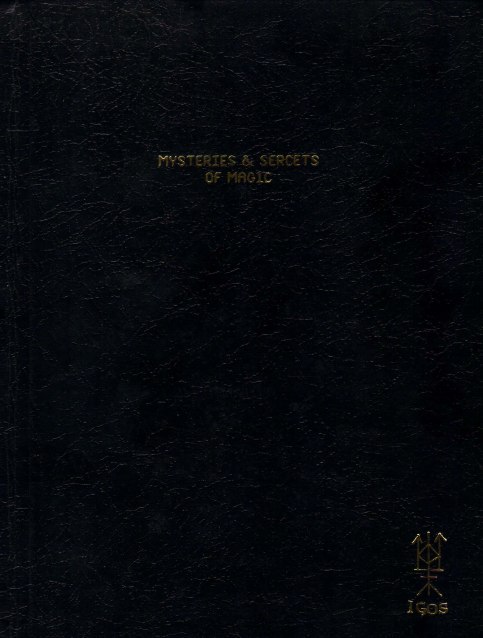
"Thompson's book is a somewhat spotty overview of people's perception and participation in 'magic' through the ages, up to 'modern times' (1928).
Thompson begins with chapters on the very genesis of magic in human use and thought, including 'supernatural beings', and how these developed into magically based religions in Babylon, Assyria, Egypt and so on. It moves on to the early Kabbala, lines of thought in 'barbarian' areas as regards magic (more like folklore), and so on. The early chapter titles would indicate a great depth of material covered, but this is not in fact the case; much of the material is repetitive, obvious, and none of it at all is documented. It is simply a list of general beliefs with little discussion or analysis.
The book ranges all over the place, moving on to witchcraft, perfumes, numbers, jewels, love, talismans, and so on. The illustrations are all what one would expect of a direct republishing of an old book (lousy drawings), and the discussion the skinniest overview, really more of a list skimmed from other (uncredited) sources than an investigation. There is no general theme other than to repeat without critical analysis common knowledge or previously asserted statements.
The book does fill out somewhat when it begins to examine certain key books and lines of thought prevalent from the 15th century on, i.e. the Key of Solomon, the Lesser Key, various grimoires and the like. Again the approach is a simple run down and listing of the general contents of these controversial magical tomes, complete with sigils, pentacles and signs, rather than any reflection on the meanings (or general efficacy) of the material. Mathers himself, who translated much of this material prior to the publication of Thompson's book, and whose translations the author plainly uses, included more analysis in his own translator's notes than is included here; and so far as a complete run down of procedures, and comprehensive treatment of the sources, A. E. Waite's Book of Black Magic is far better (though heavy slogging as Waite's ponderous style does get in the way).
Finally, Thompson moves on to discussion of John Dee & Edward Kelly (without seriously addressing Enochian magic), there is curiously a chapter on magic as it appears in Shakespeare's plays (!), and the survival of magic and witchcraft into the early 20th century."
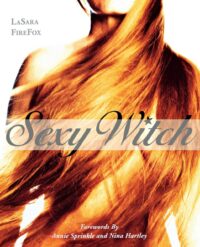
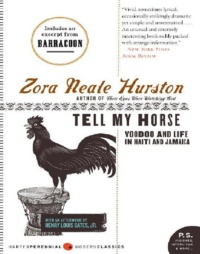
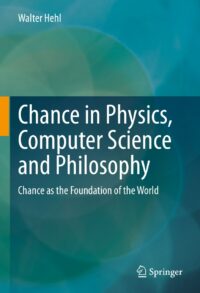
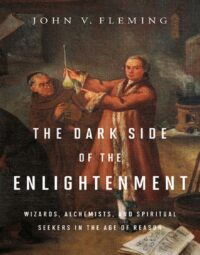
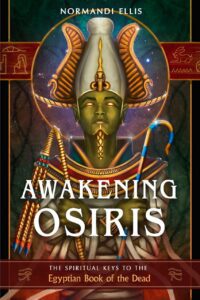
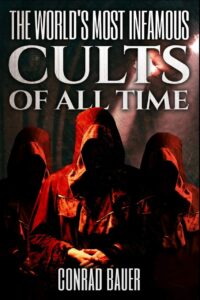
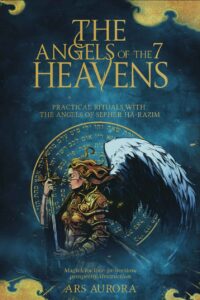
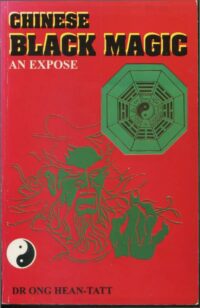

Comments and discussion can be found in the channel